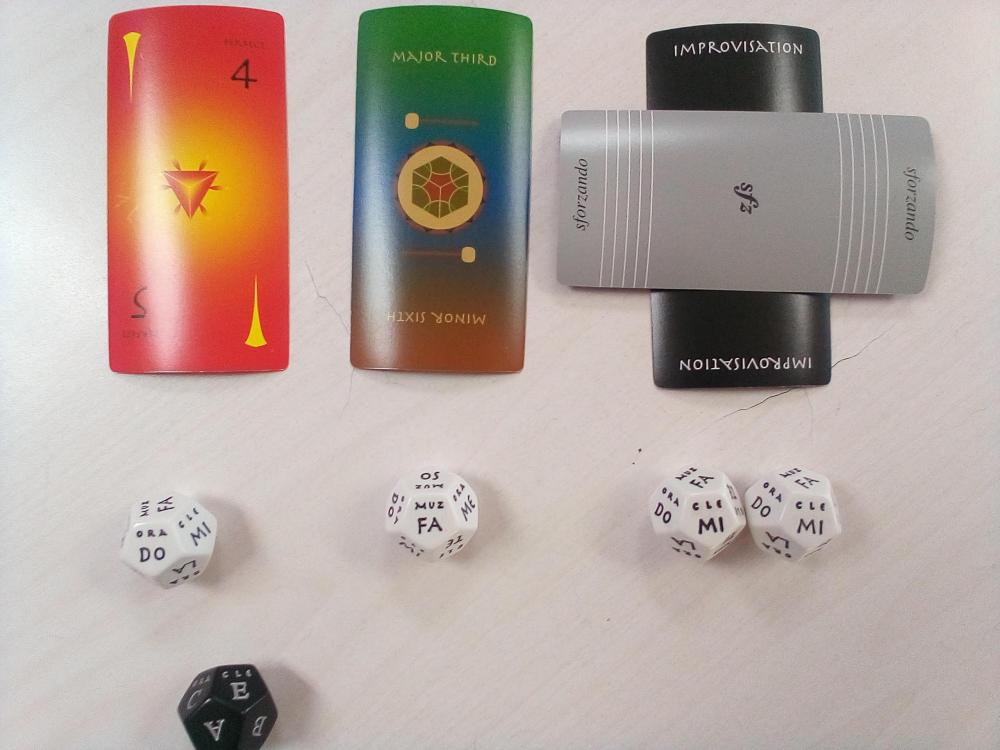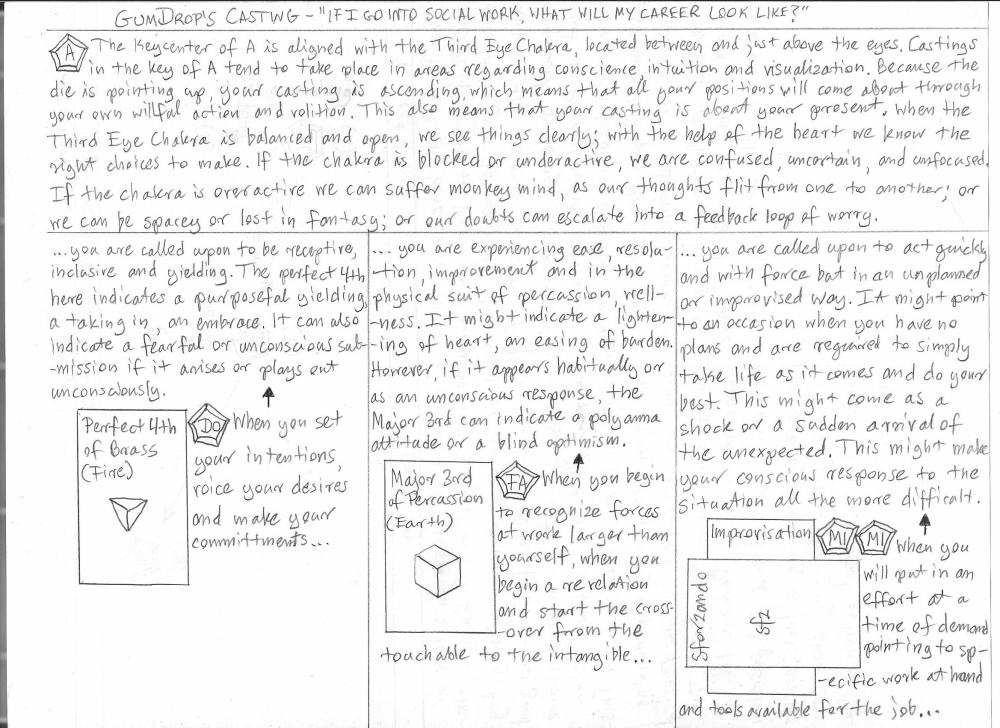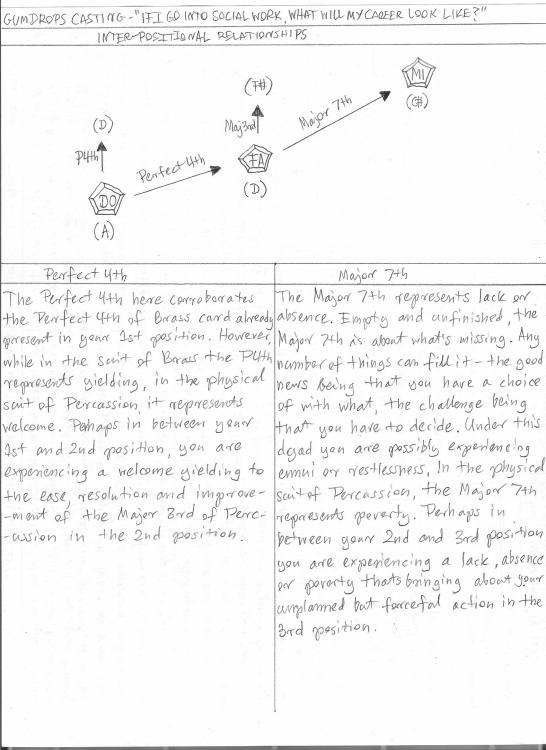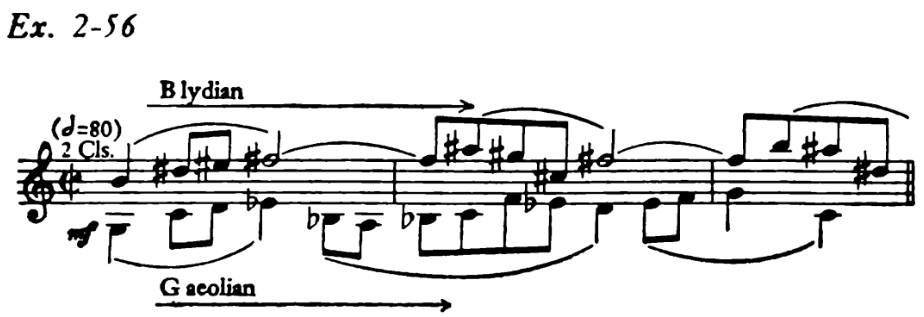-
Posts
2,717 -
Joined
-
Last visited
-
Days Won
226
PeterthePapercomPoser last won the day on February 8
PeterthePapercomPoser had the most liked content!
About PeterthePapercomPoser

- Currently Viewing Online User List
- Birthday April 10
Profile Information
-
Biography
Composer living in California who facilitates a short story writing class and also participates on writingforums.org. Working on creating a story and music based RPG maker role playing game. Interested in all arts. On discord, I'm known as PeterthePolishPersichetiProducer. 🇵🇱 Click on the "About Me" tab on the right for a complete catalogue or press kit of my compositions!
-
Gender
Male
-
Location
California, USA
-
Occupation
Soon to be Mental Health Worker and Addictions Counselor
-
Interests
Musical Composition, Short Stories and books and different kinds of art. I did the cover art.
-
Favorite Composers
Tchaikovsky, Beethoven, Ravel, Stravinsky, Prokofiev, Lutoslawski (only the more tonal works), John Williams, Elliot Goldenthal, Jerry Goldsmith
-
My Compositional Styles
on paper/linear, thematic, harmonic language variable
-
Notation Software/Sequencers
Used to use Cakewalk Home Studio with Yamaha XG Midi soundbank. Now I write everything on paper and copy it into MuseScore. Also a very much beginning user of Reaper, although I don't foresee using it much given MS4's capabilities..
-
Instruments Played
Clarinet, Piano, Trumpet, French Horn, Acoustic Guitar, Chromatic Harmonica (in that order)
Recent Profile Visitors
PeterthePapercomPoser's Achievements
-
.thumb.png.8b5b433a341551e913a34392660bc95b.png)
2-part invention in counterpoint
PeterthePapercomPoser replied to Frederic Gill's topic in Piano Music, Solo Keyboard
you can't delete the whole post and other people's comments, you can just delete your part of the convo by leaving just a dot/period in place of the things you wrote. I think the system requires there to be something there so just leave a dot/period- 36 replies
-
- invention
- counterpoint
-
(and 1 more)
Tagged with:
-
.thumb.png.8b5b433a341551e913a34392660bc95b.png)
2-part invention in counterpoint
PeterthePapercomPoser replied to Frederic Gill's topic in Piano Music, Solo Keyboard
you can edit out what you don't want to be in the post by clicking the three dots in the right corner of the window- 36 replies
-
- invention
- counterpoint
-
(and 1 more)
Tagged with:
-
PeterthePapercomPoser started following Fugue in d minor , Iridescence (progressive rock instrumental) , Persichetti Exercise 2 - 14 for Clarinet Trio and 7 others
-
.thumb.png.8b5b433a341551e913a34392660bc95b.png)
Prelude in C# minor
PeterthePapercomPoser replied to Alex Weidmann's topic in Piano Music, Solo Keyboard
Hello @Alex Weidmann! Nice mysterious Prelude! I'm surprised that @Henry Ng Tsz Kiu hasn't reviewed it yet since it's in his favorite key! 🤣 I have a few technical nit-picks: I've recently changed the way I write for piano through Musescore Studio 4 which I think might benefit you to hear about. If you favor the Musesounds Piano as I now have come to prefer, then in order to have more control over balance between the most important melody notes and less important background chords/figurations, you could actually load up two (or more) separate pianos and change the way they're displayed in the Layout section of the program (by deleting the bass clef portion of the right hand piano and deleting the treble clef portion of the left hand one). Then, not only will you be able to change the balance between the hands in the mixer, but you'll be able to give separate dynamics to each hand - an amount of control which you would lack with just one grand-staff track. Although you'd have to put in pedal marks for both tracks, and hide them in the top track. As well as hiding dynamics that are redundant. But I think bringing out the most important notes in each chord and passage will greatly improve at least my impression of the work. Another thing is the tempo. I noticed that you're trying to create a sense of novelty through the use of unusual rhythms and meters. I think it could be even more effective if you included an ebb and flow to the tempo by simulating a sort of constant rubato with choice accel.'s and rit.'s here and there. I can refer you to examples in my own catalog if you'd like, where such rubato gives a very satisfying result (at least in my opinion) and cases where the piece would suffer greatly from the mechanicality of the rendition if not for the rubato. Some places to consider including an accel. and rit.: bar 30 accel. into 31 I think would be a nice paired with that crescendo you already have. Other than that, nice job! I also question the interruption of the expected 4/4 flow of the beginning melody with the 9/8 measure - I think that's unnecessary. Thanks for sharing! -
This time I wrote a piece inspired by an exercise from Chapter 2 of Persichetti's "20th Century Harmony" on Scale Materials for 2 Bb Sopranino Clarinets and Bb Bass Clarinet. The prompt was "14. Construct a canon for three clarinets in which each performer plays a different synthetic scale on a different tonic." Synthetic scales are scales that are "specially constructed, often non-traditional scales created by altering, adding, or omitting notes from standard diatonic (major/minor) scales." I chose to use the written C Acoustic Scale, F Ukrainian Dorian Scale, and B Phrygian/Dorian Scale. I've been told that I should have perhaps tried to choose scales that would sound more harmoniously with each other. But, funny enough, that's exactly what I was trying to do. I didn't choose scales at random but tried to tailor each part of the canon to the previous material by improvising a scale and only later figuring out what scale I was using. But let me know what you think! Thanks for listening!
-
.thumb.png.8b5b433a341551e913a34392660bc95b.png)
Favorite Musical Book Quotes?
PeterthePapercomPoser replied to PeterthePapercomPoser's topic in Composers' Headquarters
Again, I have another quote from Gary Lachman's "Beyond the Robot: The Life and Work of Colin Wilson". And if you've gotten this far, thanks for reading! -
.thumb.png.8b5b433a341551e913a34392660bc95b.png)
i pushed it (a morality play)
PeterthePapercomPoser replied to jejrekmek's topic in Jazz, Band, Pop, Rock
I listened all the way through! Quite a ride! Would you share the lyrics with us? -
This time I come to you with my 13th casting, which I've done on Friday the 13th! GumDrop asked me "If I go into social work, what will my career look like?" (Muzoracle is a storytelling/fortune telling/divination tool similar to the Tarot card deck, but with cards with musical concepts and 12-sided Musician's dice and Solfege dice. Perhaps it may be thought of as a special musical Oracle card deck.) My interpretation of the cards and dice are displayed below. Since the casting was in the key of A (because the black musician's die landed on A), it pertained to the Third Eye Chakra which is associated with woodwinds. Because of this I picked English Horn. Because the first card drawn was a Perfect 4th of Brass, I also chose French Horn. Then, the card in the 2nd position was a Major 3rd of Percussion, so I chose Piano (also because GumDrop once played Piano). If you'd like to find out more about Muzoracle and how castings are interpreted go here: https://muzoracle.net/ This short musical representation of GumDrop's Casting is about ~2 minutes long. I created the following melodic/harmonic underdrawing guided by the cards and the dice. I used the first few solfege dice as a skeleton for the main melody. To obtain extra material, I transposed the whole pattern up a perfect 4th to D, since the perfect 4th is a very prominent feature of the casting. Since the piece is in A and associated with the Third Eye Chakra, I started the piece with the English Horn. The Percussion card comes 2nd so I included the Piano as accompaniment. Then I finally added the French Horn. I also prominently use parallel 4ths throughout the piece which gives it a certain Asiatic/Impressionistic flavor. If you've gotten this far thanks for reading! And I hope you enjoy listening to this short chamber work I wrote to represent GumDrop's casting. Comments, critiques, suggestions, and observations are of course, always welcome. Thanks for listening!
-
Uploaded a new cover photo drawn by me!
-
I come to you with yet another piece prompted by an exercise from Persichetti's "20th Century Harmony" - Chapter 2: Scale Materials. This time the prompt was "11. Extend the following polymodal and polytonal passage." I chose to change the instrumentation to Bass Clarinet and Sopranino Clarinet as I thought that increasing the distance between the voices would preserve their individuality. I also heard the bottom voice as being more in C dorian rather than in G aeolian. But for the end of the piece I defaulted to a kind of linear cadence rather than ending each voice on its individual tonic. Thanks for listening and I hope you enjoy and let me know what you think!
-
.thumb.png.8b5b433a341551e913a34392660bc95b.png)
Favorite Musical Book Quotes?
PeterthePapercomPoser replied to PeterthePapercomPoser's topic in Composers' Headquarters
I have another musical quote from Gary Lachman's "Beyond the Robot: The Life and Work of Colin Wilson". And if you've gotten this far, thanks for reading! -
.thumb.png.8b5b433a341551e913a34392660bc95b.png)
2-part invention in Db
PeterthePapercomPoser replied to Frederic Gill's topic in Piano Music, Solo Keyboard
Hi again @Frederic Gill! I decided to write my own invention based on the same motive here: Let me know what you think!- 5 replies
-
- invention
- counterpoint
-
(and 1 more)
Tagged with:
-
@Frederic Gill inspired this one. He wrote an invention as an exercise from one of his Counterpoint books on the same motive that you can hear here: I was inspired by his attempt so I decided to give it a try myself. Thanks for listening and I hope you enjoy and let me know what you think!
- 1 reply
-
- 2
-

-
Continuing with the Scale Materials Chapter in Persichetti's "20th Century Harmony" I wrote this Clarinet Quintet. The prompt was "8. Construct a solo clarinet line in the lydian mode supported by phrygian string quartet harmony. Set both the melody and harmony on the tonal center Bb." Thanks for listening and I hope you enjoy and let me know what you think!
- 1 reply
-
- 1
-




















